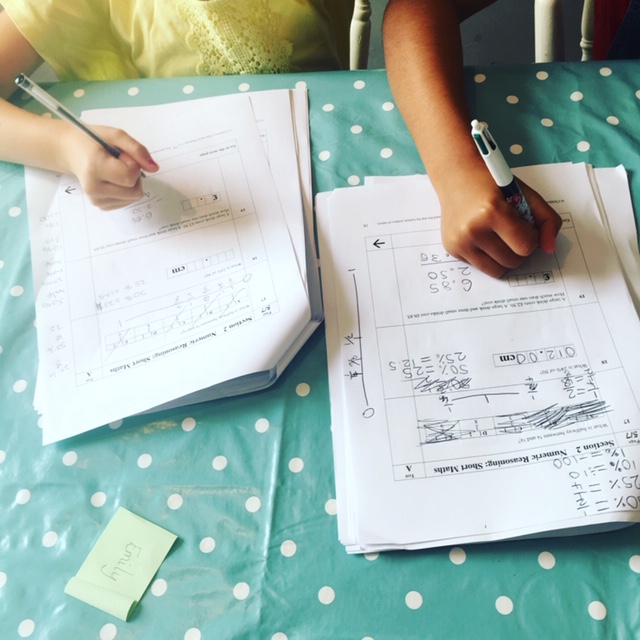The other day, I was in a café when I accidentally (promise!) overheard a conversation between two mums. One of them was outraged that her child had been teaching another child to read.
‘It’s just lazy teaching,’ she was saying. ‘What about his own learning needs? How is he being challenged and stretched?’ Her companion looked equally perturbed.
Now, I didn’t know the child or the school in question, so I can’t comment on what the teacher’s motivations were. Maybe he/she did just fancy a break! But, what I do know, is little-known teaching secret:
Peer tutoring is one of the most effective ways of helping all pupils progress. See research below. Not only that, it enhances the learning of not only the ‘tutee’ but that of the tutor and encourages collaboration – another research-based winner!
It really is win/win. The ‘student’ benefits from one-to-one attention, is able to ask questions and for clarification and will probably feel more comfortable than working so closely with an adult. The tutor consolidates their knowledge and develops key ‘mastery’ (buzz word alert) skills in the process. Anyone who has tried to teach a child to read/multiply/explain a preposition knows it is certainly a challenge…
The teacher can have a rest (just joking) or facilitate the teaching and learning in the classroom. In my experience, when I use peer tutoring to teach a new concept, 99% will ‘get it’ by the end of the week. I can’t boast such great statistics when teaching alone!
What’s also great about it, is that any child can be a tutor and any child can be a tutee (is that a word? It is now!). It avoids my pet hate of ‘ability tables’ and promotes fluid differentiation in the classroom. Do you get it? Great! Work with this person. Are you struggling? Okay – ask this person. It counters the horrible idea that ability in a subject is ‘fixed’ and not concept based, which of course it is.
And guess what? Kids LOVE it!
So parents, if you hear that your child was teaching another child, take it as a compliment and be glad that the teacher is using evidence-based research in their classroom. Maybe you could implement it in your home too – siblings can support each other – or maybe ask your child to teach you!
If you are interested in learning more about how your child learns and how to support them, why not check out our parent workshops?
Research: Education Endowment Foundation

